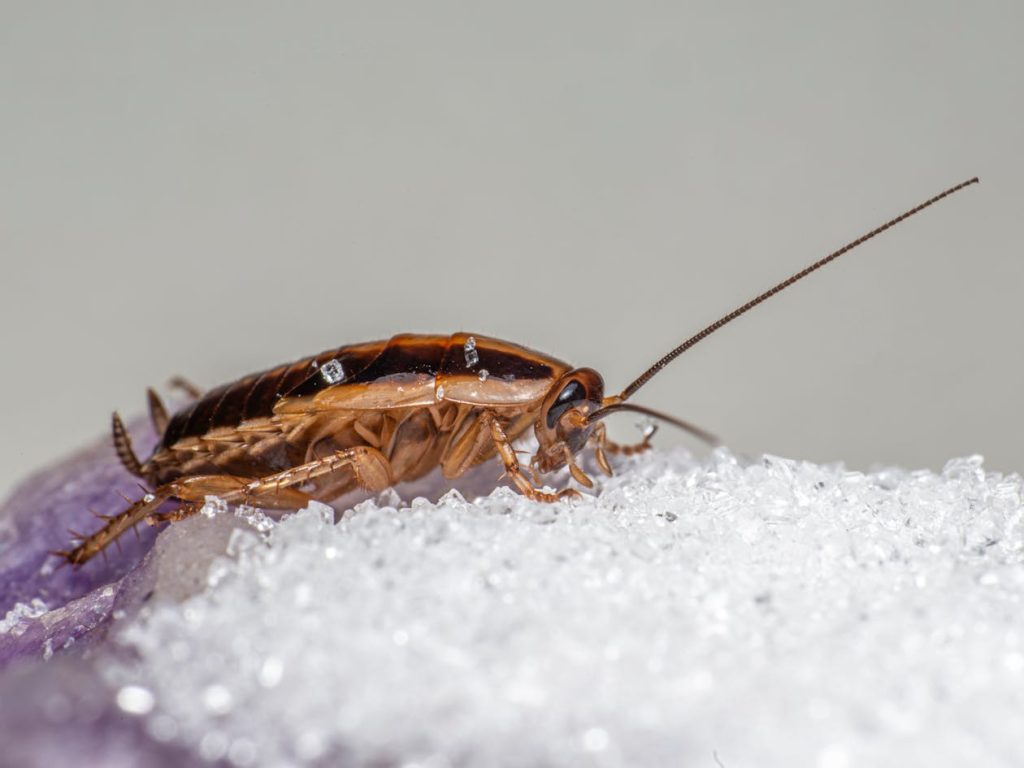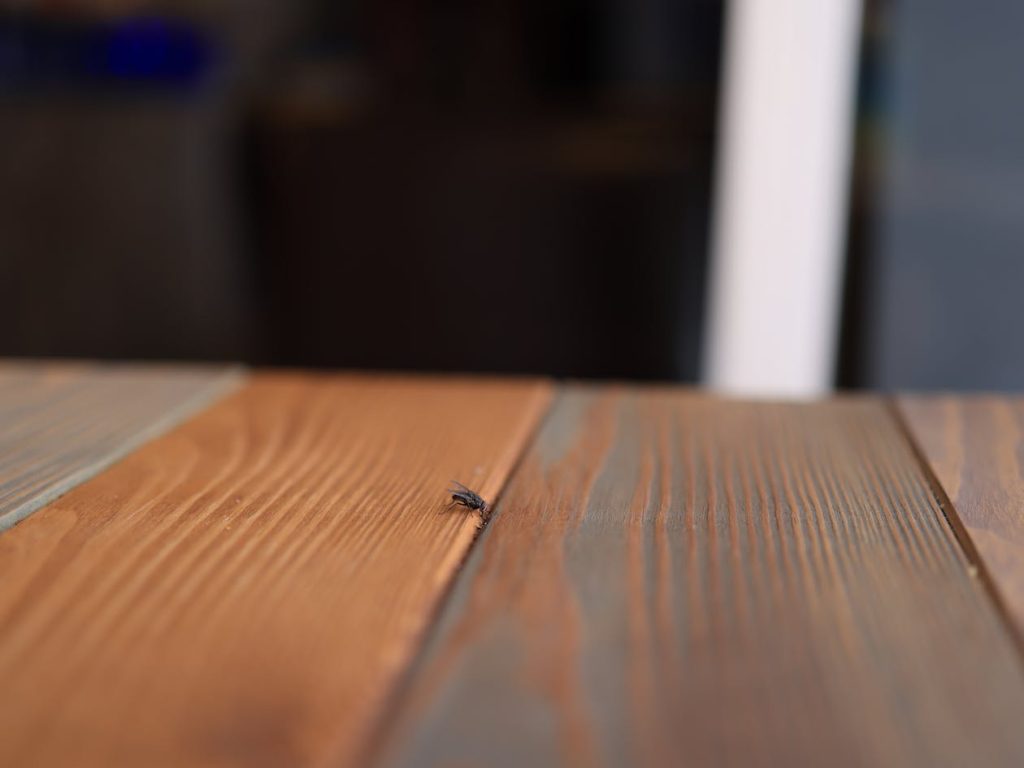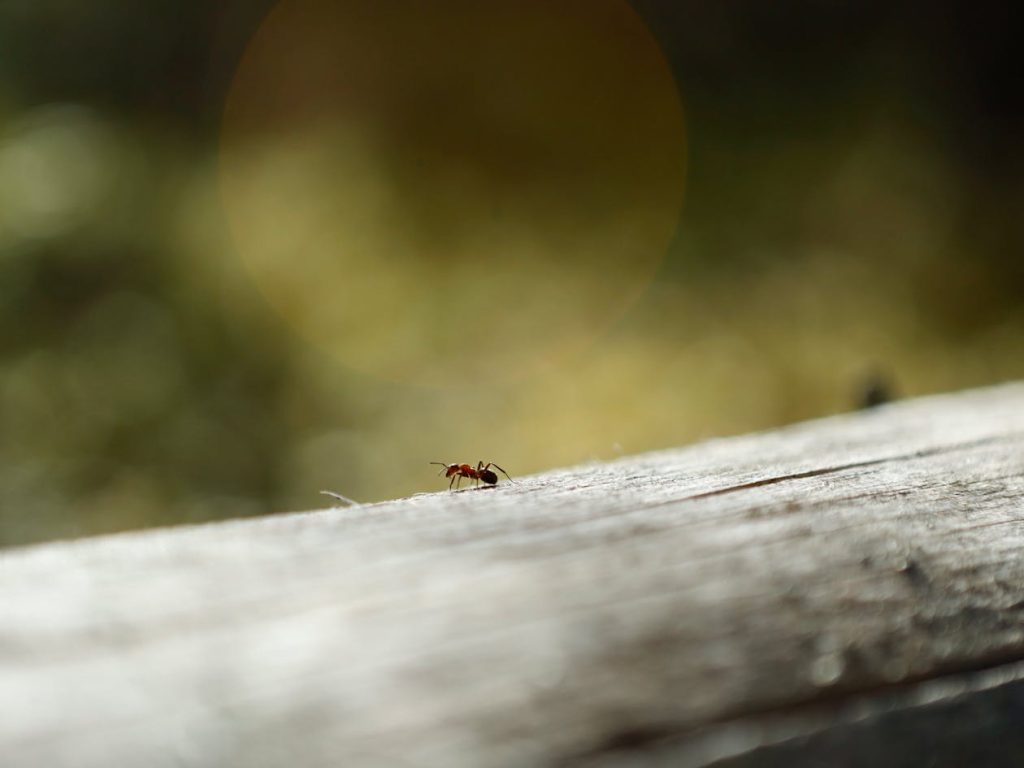Your cart is currently empty!
My Nana Swears by Using Onions to Get Rid of Pests Like Rats, Flies, Bugs and Mosquitoes. Here’s How It Works

Every household has that one grandmother who seems to know secrets the rest of us have forgotten. Mine was no different. While others reached for expensive chemical sprays and called exterminators, my nana would calmly walk to her kitchen and grab an onion. “Watch this,” she’d say with a knowing smile, chopping the pungent bulb with practiced precision.
What happened next seemed almost magical. Flies that had been buzzing around the kitchen would suddenly disappear. Ants marching across the counter would abandon their mission. Even the mice that occasionally scurried through our old house would vanish without a trace. For years, I assumed it was some kind of grandmother’s intuition. Turns out, there was real science behind her seemingly simple solution.
As chemical pesticides face increasing scrutiny for their environmental and health impacts, more families are rediscovering what our ancestors knew all along. Sometimes the most effective solutions hide in plain sight, waiting patiently in our vegetable bins.
Grandmother’s Kitchen Wisdom Meets Modern Pest Problems

Traditional pest control wisdom has experienced a remarkable revival as households seek alternatives to synthetic chemicals. My nana, like countless grandmothers before her, understood something that modern science is only now fully appreciating: nature provides powerful tools for managing unwanted guests.
Recent years have seen growing interest in natural pest control methods as people become more aware of the environmental and health impacts of chemical pesticides. Families with children particularly gravitate toward solutions that won’t leave harmful residues on surfaces or pose risks to vulnerable household members.
What makes this generational knowledge particularly valuable is its accessibility. Unlike specialized products requiring trips to hardware stores, onions remain readily available in most kitchens. This everyday vegetable transforms from dinner ingredient to pest control powerhouse with minimal preparation.
Science Behind the Stinky Solution
Onions contain sulfur compounds that serve as their secret weapons against pests. These compounds, including thiosulfinates and sulfoxides, create the distinctive pungent smell that makes us tear up while chopping. But what brings tears to human eyes creates an overwhelming sensory experience for insects and rodents.
Scientists have discovered that these sulfur compounds interfere with pest sensory receptors, making it difficult for them to locate food sources or navigate their environment. The strong odor essentially disrupts their survival mechanisms, forcing them to seek more hospitable territories.
Some studies suggest these sulfur compounds may have antimicrobial properties, which help deter pests attracted to decaying organic matter. This dual-action approach makes onions particularly effective against various pest types that might otherwise find different attractants in our homes.
Rats and Mice: When Rodents Meet Their Match

Rats and mice possess incredibly keen senses of smell, which they rely on to find food and avoid predators. This evolutionary advantage becomes their downfall when confronted with the onion’s overwhelming aroma. The strong odor essentially creates a sensory overload that makes treated areas less attractive to these rodents.
To use onions against rodents, place slices or chopped pieces in areas where you suspect activity. Focus on entry points like gaps under doors, holes in baseboards, or spaces around pipes. Cupboards where food is stored also benefit from strategic onion placement.
Regular replacement becomes essential for maintaining effectiveness. Fresh onions release more sulfur compounds, so replacing them every few days ensures consistent pest deterrence. While not foolproof against determined rodents, this method provides a safe first line of defense that won’t harm children who might encounter the onion pieces.
Tackling Flies with Aromatic Warfare
Flies are attracted to food and waste, but onions’ strong smell acts as a natural deterrent that disrupts their feeding patterns. Creating an onion-based fly repellent requires minimal ingredients and preparation time.
To make onion spray, boil chopped onions in water for about 10 minutes, then strain the liquid into a spray bottle. This concentrated solution can be applied around windows, doors, and other potential entry points. The boiling process extracts maximum sulfur compounds while creating a liquid form that’s easy to apply.
Alternatively, placing sliced onions in bowls near problem areas provides ongoing protection. Position these bowls strategically around kitchens, dining areas, or anywhere flies congregate. The passive approach requires less preparation but needs regular onion replacement to maintain potency.
Bug Control Beyond the Obvious

Onions prove effective against various household bugs through different mechanisms. For ants, sulfur compounds disrupt the pheromone trails these insects use to communicate and navigate. When ants can’t follow their chemical highways, they become disoriented and often abandon the area.
Cockroaches face a more direct threat from onions. You can get an onion, cut up about a handful, and sprinkle baking soda on it. The onions attract the roaches, and the baking soda eliminates them. This combination creates both an attractant and an elimination method in one simple preparation.
Application methods vary depending on the target pest. Place onion slices near known entry points for general deterrence, or create spray solutions by mixing onion juice with water for broader coverage. Focus on areas where bugs commonly appear: corners, baseboards, and spaces around appliances.
Masking Human Scent Naturally
Mosquitoes locate human targets through sophisticated scent detection systems, but an onion’s powerful aroma can mask the human odors these pests seek. While not as long-lasting as commercial repellents, onions provide temporary relief during outdoor activities.
For direct protection, rub onion slices on exposed skin areas. The sulfur compounds create a scent barrier that makes it harder for mosquitoes to identify you as a target. This method works best for short-term outdoor activities where reapplication is possible.
Creating mosquito-free zones outdoors involves placing bowls of chopped onions around seating areas. Position these strategically near patios, decks, or garden spaces where people gather. While the protection isn’t complete, it can reduce mosquito activity enough to make outdoor time more enjoyable.
Step-by-Step: Creating Your Onion Arsenal

Basic onion preparation starts with chopping one or two onions into small pieces. For spray applications, the boiling method extracts maximum compounds while creating an easily applied solution. Boil chopped onions for about 10 minutes, strain the liquid, and store in spray bottles for convenient use.
Concentrated solutions require blending onions with small amounts of water, then straining the mixture. This approach creates stronger concentrations suitable for stubborn pest problems or larger coverage areas.
Application schedules depend on the method and pest pressure. Spray solutions need reapplication every few days or after rain, while placed onion pieces require replacement as they dry out or lose potency. Consistency matters more than frequency for maintaining effective pest deterrence.
Why Choose Onions Over Chemical Alternatives
Cost-effectiveness makes onions attractive to budget-conscious households. A single onion can create multiple applications of spray solution or provide several days of placed deterrence. Compare this to commercial pest control products that often cost significantly more per application.
Health and safety considerations favor onions over chemical alternatives. Unlike synthetic pesticides, onions pose no risk to human health. Children can safely encounter onion pieces without the poisoning concerns associated with commercial baits or sprays.
Environmental benefits include complete biodegradability with no harmful residues. Onions break down naturally without contaminating soil or water sources. Supporting sustainable practices by reducing synthetic chemical dependence appeals to environmentally conscious households.
Boosting Onion Effectiveness
Natural allies enhance onion pest control effectiveness. Garlic shares similar sulfur compounds and can be combined with onions for stronger deterrent effects. Vinegar adds acidity that many pests avoid, while essential oils like peppermint or eucalyptus provide additional repellent properties.
Comprehensive pest management requires addressing root causes beyond just deterrence. Regular cleaning removes food sources that attract pests, while decluttering eliminates hiding places. Sealing entry points prevents new infestations regardless of deterrent methods used.
Maintenance schedules ensure consistent effectiveness. Replace onion pieces before they completely dry out, refresh spray solutions weekly, and rotate between different natural deterrents to prevent pest adaptation.
Real-World Application

Setting realistic expectations prevents disappointment with natural pest control methods. Onions work best as preventive measures or against light infestations. Heavy pest problems may require professional intervention combined with natural deterrents.
Understanding pest behavior helps optimize onion applications. “Just like us, bugs look for water, food, and shelter,” pest control experts note. Addressing these basic needs alongside deterrent placement creates more comprehensive protection.
Success often comes through persistence rather than immediate elimination. Natural methods typically reduce pest populations gradually while preventing new arrivals, creating long-term solutions that synthetic chemicals might not achieve.
Expanding Natural Pest Arsenal
Other kitchen staples offer similar benefits with different applications. To us, the scent of vanilla extract is pleasing and delicious; to mosquitoes, it interferes with their ability to seek out what they’re really looking for: blood meal. Pure vanilla extract can be applied directly to skin or incorporated into homemade repellent sprays.
Catnip oil provides another powerful option. Scientists have discovered that catnip oil offers similar efficacy to DEET against various insects. Growing catnip in gardens or creating infused oils extends natural pest control options beyond onions.
Essential oil combinations address specific pest types while providing pleasant aromas. Lavender repels moths and mosquitoes, peppermint deters ants and spiders, while eucalyptus works against various flying insects.
Making Peace with Household Bugs
“Spiders are literally everywhere. They can be found in 68 percent of bathrooms and 77 percent of bedrooms,” Understanding that some insect presence is normal helps maintain realistic expectations about complete elimination versus management.
Recognizing beneficial insects prevents unnecessary pest control efforts. Many household spiders actually help control other pest populations by feeding on flies, mosquitoes, and other unwanted insects. Balanced approaches target truly problematic pests while tolerating helpful species.
Professional help becomes necessary when natural methods prove insufficient against serious infestations. Termites, carpenter ants, or large rodent populations may require specialized treatment beyond what kitchen remedies can address.
Natural pest control methods like using onions offer safe, economical alternatives to chemical treatments while connecting us to the traditional wisdom our grandmothers understood intuitively. While not magic solutions, these approaches provide effective tools for managing common household pests without compromising family health or environmental responsibility.
